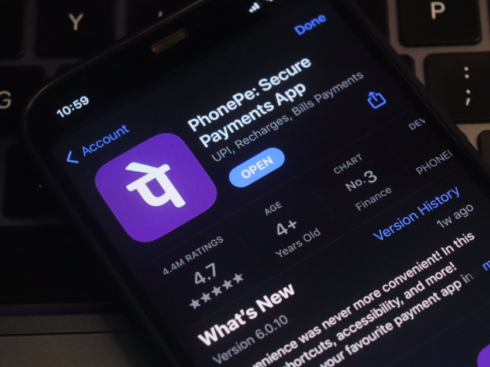
SUMMARY
As Per RBI's Master Direction Released In October 2017, Digital Wallets Were To Become Interoperable Within Six Months
The Reserve Bank of India (RBI) is likely to adhere to its target of achieving interoperability of digital wallets by April 2018, despite allowing digital payment companies two additional months to comply with its customer verification requirement, as per two people in the know.
“Though there are a few details that need to be worked out, the initial timeline promised by RBI should remain the same,” stated an anonymous source to ET. “We could see the regulator clearing wallet interoperability in the coming weeks.”
As per RBI’s master direction released in October 2017, digital wallets were to become interoperable within six months. One of the biggest issues with digital payments has been the fact that a mobile user wallet say of Paytm can only transact with another Paytm user and not with a MobiKwik or a FreeCharge user.
With these guidelines coming in place, inter wallet transactions will become possible. With the interoperability of wallets, one can easily transfer money between wallets so that it can be used where required. Prepaid cards are also expected to be made interoperable as part of this process.
The above mentioned sources also added that full KYC and proper identification of users is non-negotiable for the wallet interoperability proposition. One of them said, “An interoperable system can grow sustainably only when there is trust between the multiple stakeholders of the process. A few (prepaid payment instrument, or digital wallet) players will be ahead of the others since it is a free competitive market, but overall every player will be on a strong platform.”
On October 11, 2017, the RBI had issued the Reserve Bank of India (Issuance and Operation of Prepaid Payment Instruments) Directions, 2017 (Master Direction), making KYC compliance mandatory for prepaid payments instruments (PPI) such as wallets by February 28, 2018.
However until that happens, though, India’s $1.84 Bn (INR 12,000 Cr) mobile wallet industry stares at an 80-90% erosion of its user base as most users didn’t submit their details for verification by the February 28 deadline.
The Payments Council of India has asked the RBI to withdraw the full KYC requirement or extend the deadline for it but the central bank has not responded to the demands so far as increasing incidents of cyber frauds and the rapid growth of the payments industry compelled the regulator to ensure frauds do not happen in the system.
As per reports, more than 50% of the PPIs are still not KYC compliant. According to sectoral players, only 35%-40% of all prepaid payment instrument users heeded the repeated requests sent for getting a full KYC done. Meanwhile, the domestic remittance business of the electronic wallet industry comprising companies such as Oxigen and EbixCash is also expected to be hurt. This industry caters to migrant workers, who have not shown much inclination towards getting their full KYC done.
While for the time being, the issue of KYC has created friction in what was otherwise a smooth way to make digital payments, it needs to be seen in the light of the RBI’s long term objective of making interoperability in digital wallets a reality in April this year.
The interoperability between different PPIs will likely boost further usage of digital transactions among users of various digital wallet players such as Paytm, Freecharge, and MobiKwik as well as boost the payments space in India, which is projected to reach $500 Bn by 2020, contributing 15% of India’s GDP, as per a recent report by Google and Boston Consulting Group. Whether that will happen as per the timeline intended by RBI however remains to be seen.
[The development was first reported by ET]


























